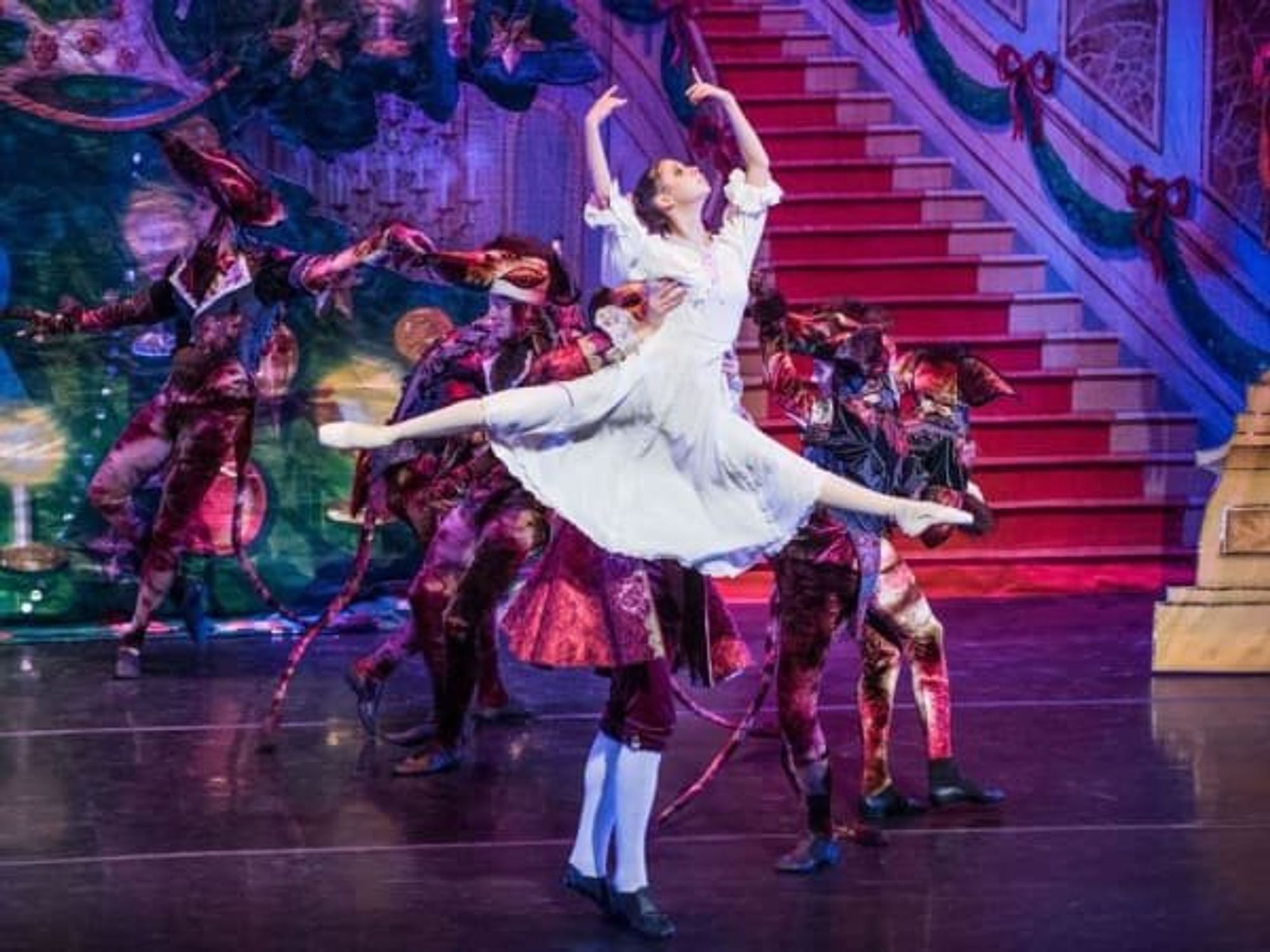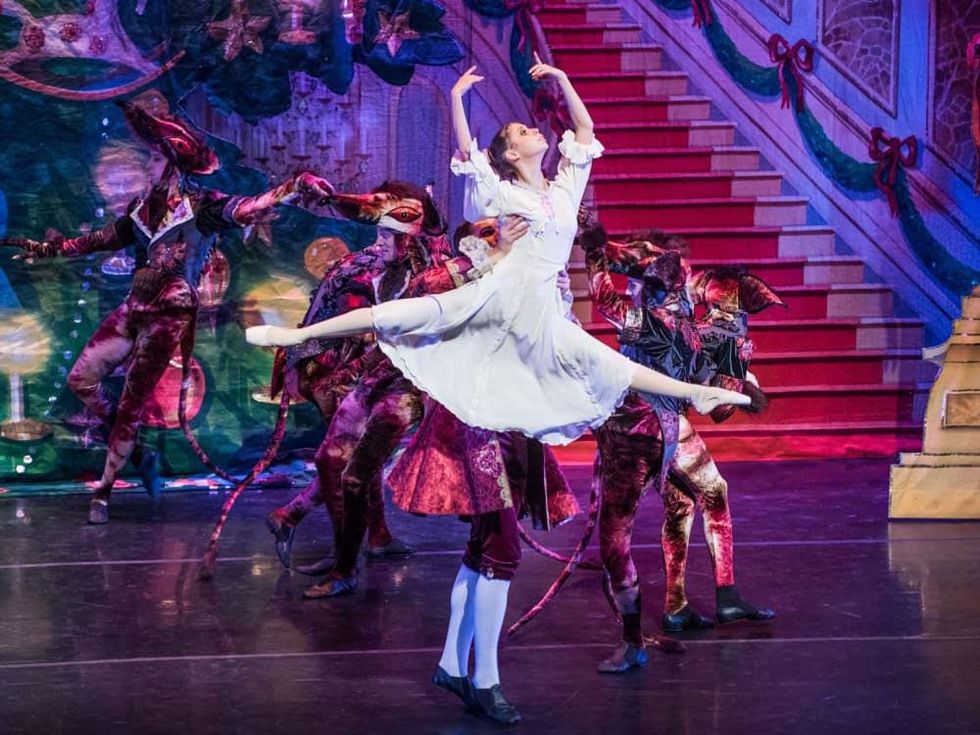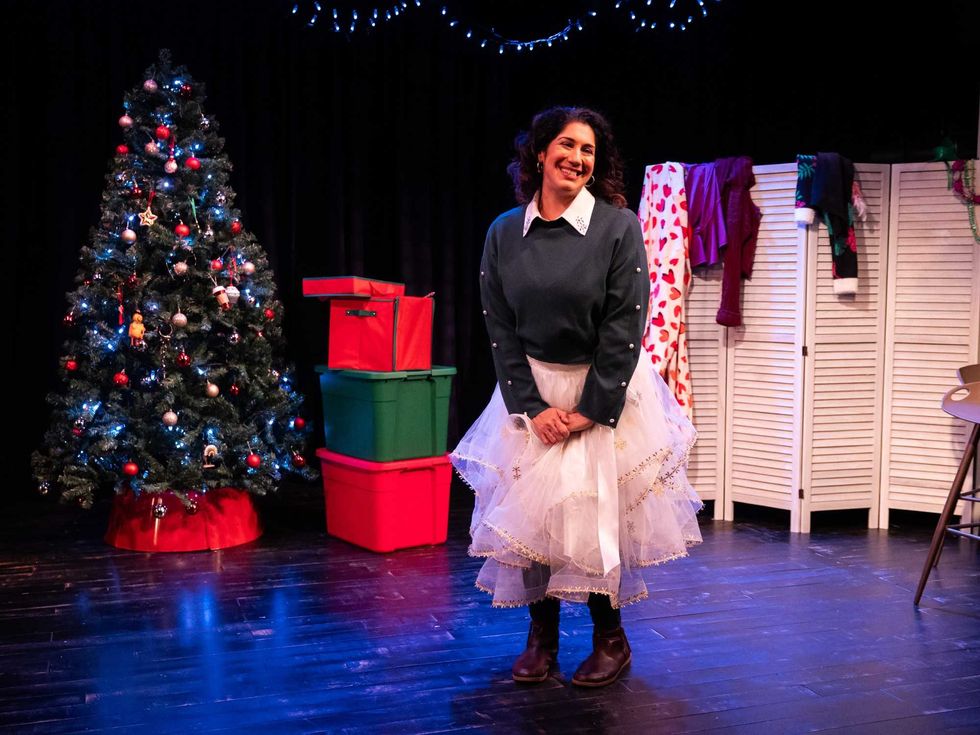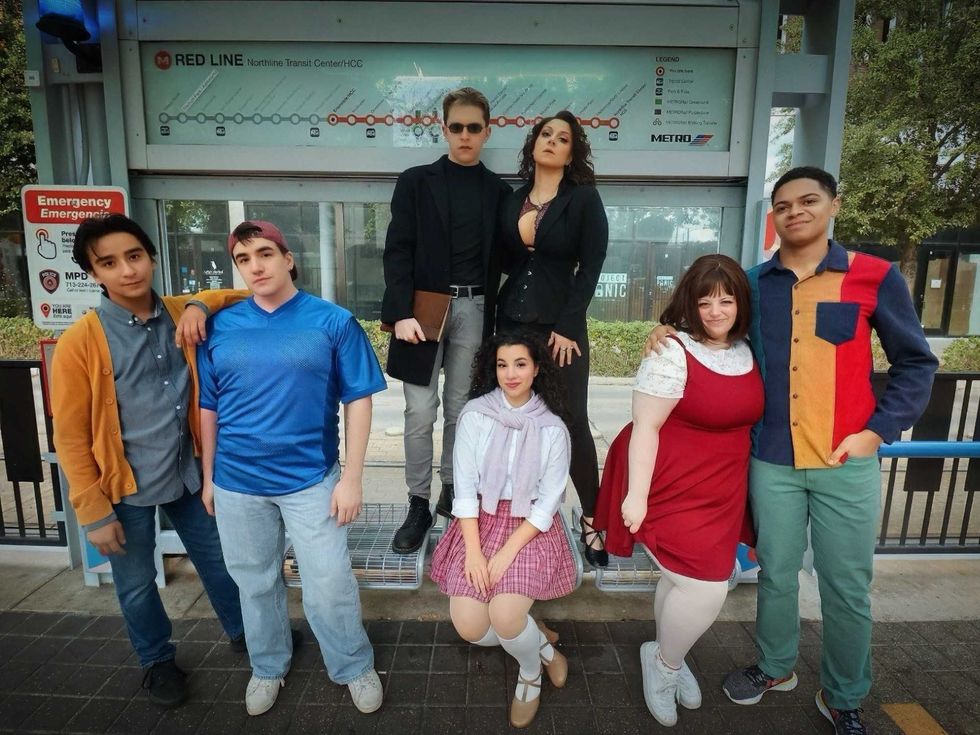At the Art House
Forget Italian mobsters, Italian mothers flex real power in Mid-August Lunch
Mid-August Lunch, the new film by Gianni Di Gregorio, couldn’t be more different from his previous effort, Gomorrah. That film, which he scripted, was a chilling study of how organized crime controls Sicilian society.
The new film, Di Gregorio’s directorial debut, looks at an altogether different power structure — the Italian mother. The film is slight, but charming and occasionally funny. Like Gomorrah, it opens a window into a slice of Italian society that we never get to see, and gives a first-hand sense of how the Italians live their lives.
The film has two real subjects: The relationship of Italian men to their mothers, and the ability of food and wine to bring people together. Di Gregorio brings his two investigations together effortlessly. (Everything about the film seems effortless.)
The main character is named Gianni, and is played by Di Gregorio himself. In his director’s notes, he wrote "I played the leading role because when we were preparing the film, while I was explaining to the crew that we need to find a middle-aged man, more or less an alcoholic, who had lived for years with his mother, I realized that all eyes were turned to me."
Many Italian men never move out of the house until they marry, and, for Gianni, this has never happened.
So as the film opens, the 50-something Gianni (whose baggy eyes give him a bit of a Jerry Orbach look) is reading to his 90-something mother (Valeria De Francisis). The book he’s reading is The Three Musketeers, and at first I assumed Di Gregorio was making a satirical point about the eternal boyhood that his character is stuck in. We soon learn, after all, that Gianni has no real life of his own. He doesn’t even have a job — because taking care of his mother is a full-time job.
But I soon realized that the film is not satirical at all. It’s more or less, a loving nod to lifelong filial devotion.
But if not satire, then I thought that we were at least in for some farce. That’s because Gianni and his mother become the unwilling hosts to three other women more or less of Gianni’s mother’s age. They have to take in two women because they are the mother and aunt of their condo’s super. Gianni and his mother are way behind in their fees, but the super offers to wipe their bills out if Gianni will take care of the women and leave him free to hit the beach with his girlfriend on the traditional mid-August Italian vacation of the title.
Gianni and his mother agree to take the women in only reluctantly, and are not particularly hospitable to them, by Italian standards, at least. The apartment gets more crowded when a doctor friend bring his own mother over.
Gianni will care for her too, in payment for the doctor’s house call.
So now there are four old women and one hangdog middle-aged man squeezed together into one apartment. When two of the women start fighting over who gets to watch the television, I prepared myself for some sitcom-style humor. But something else happened instead. Something more interesting, if perhaps less straightforwardly “entertaining.”
Gianni works so hard to make the women comfortable that he doesn’t have time to take off his apron, much to his mother’s chagrin. But his constant cooking, which is accompanied by some droll kibitzing from one of the women, bonds him with the senior citizens. And the women’s enjoyment of his cooking leads to their enjoyment of each other. Their hackles go down, and their cooing over each other begins, so that by the time the film ends it’s not clear that they’ll be able to live without each other.
Impressively, Di Gregorio manages to tell this story without becoming sentimental. The film allows its subjects to keep their dignity, and no one sheds a tear. When everyone comes together at the end, the women have an almost fierce glow in their eyes, as if they are determined to keep their late-in-life gift.
Mid-August Lunch opens other windows as well, mostly into the daily life of Rome. I’d never seen this side of the city, where shoppers ride their scooters down to the Tiber to buy fish that freelance fishermen have just hauled out of the urban waters.
Given its lack of strong emotions, the film might have gotten tedious. But Di Gregorio brings it in at a tidy 75 minutes. He said what he had to say, and not one word more.





